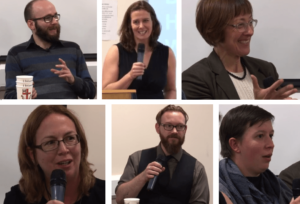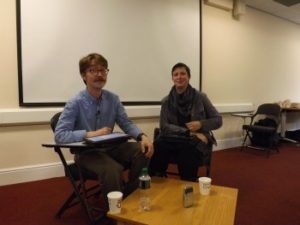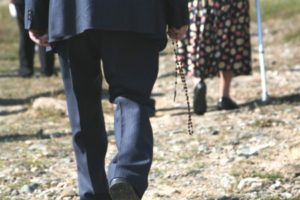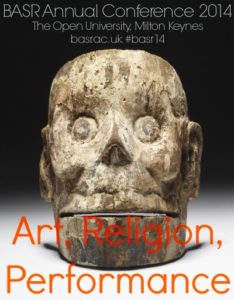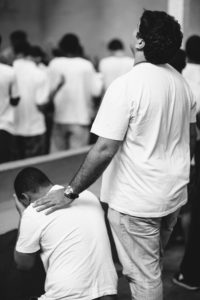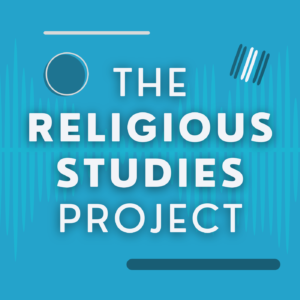
Baby Boomers, Quest Culture, and Spiritual Seeking
In this interview, discussion focuses on Roof’s work on the Baby Boom generation and beyond, particularly as expressed in his books A Generation of Seekers (1993) and Spiritual Marketplace (1999). In these books, Roof combined survey data with panel studies and interviews across a broad spectrum …



